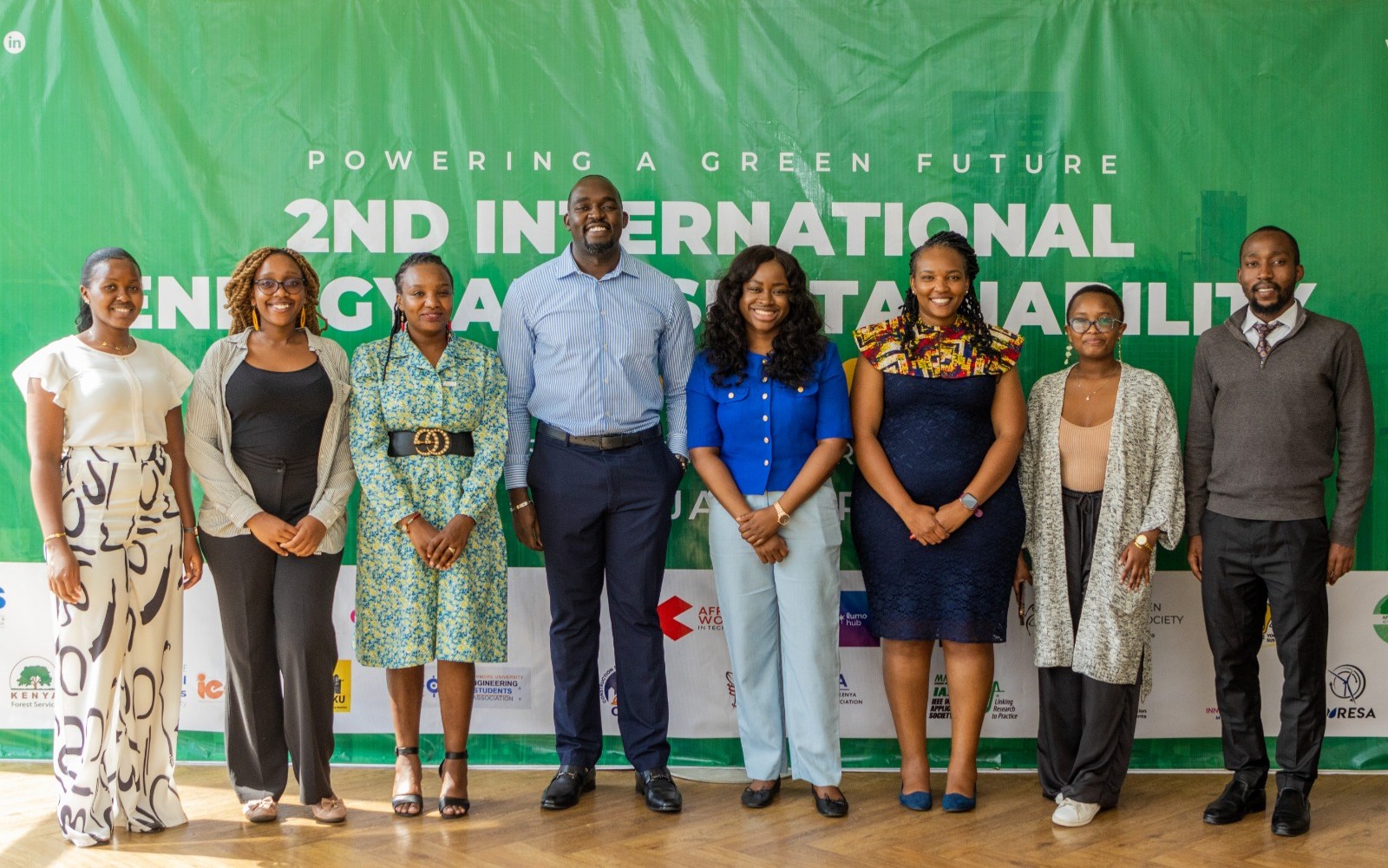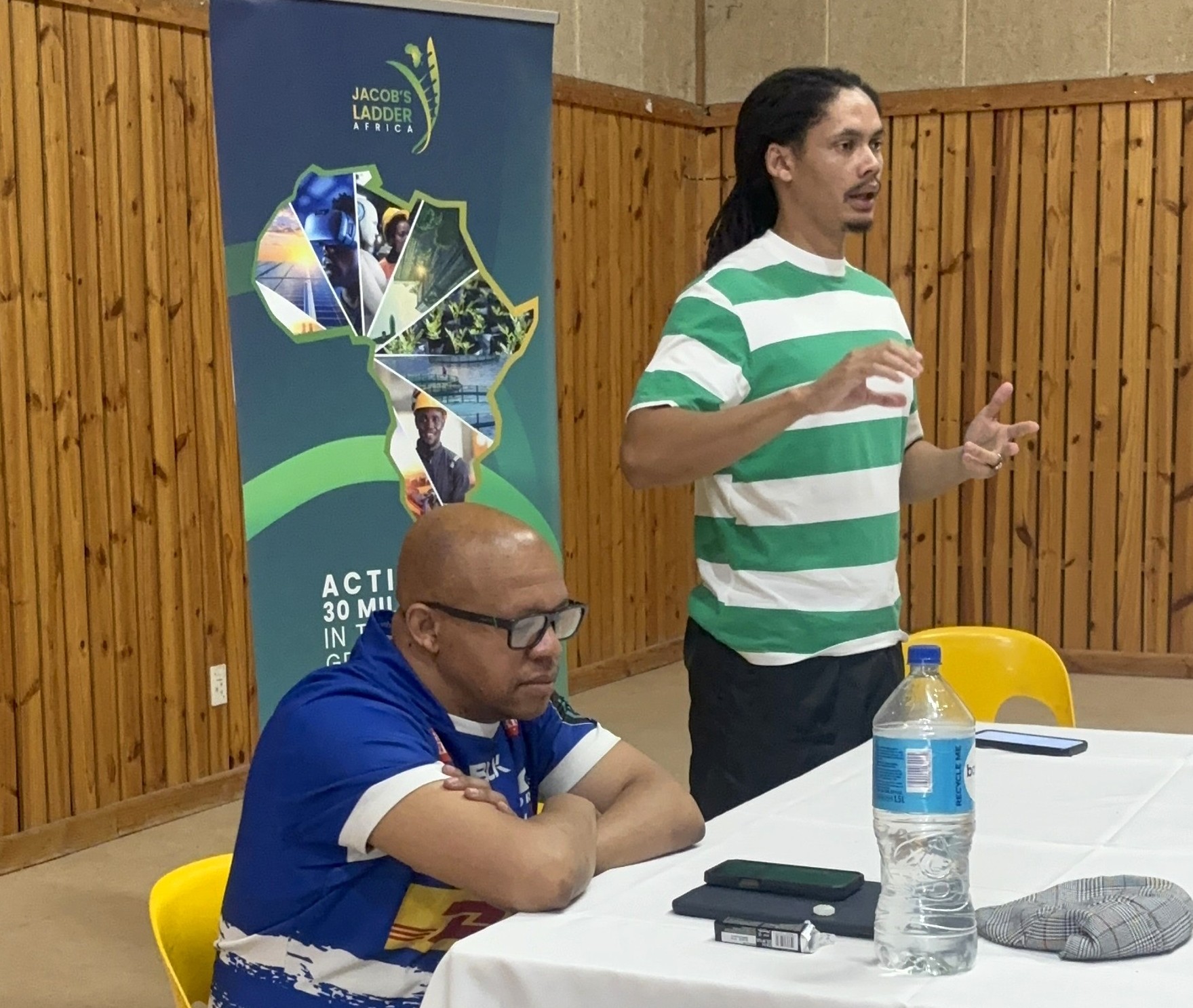Imagine being in a space where knowledge meets inspiration. This is exactly what my experience at the Green Careers Caravan (GCC) was. GCC has opened my eyes to the endless opportunities that exist within the green economy. It has shown me that sustainability is not just an environmental concern but also an economic and career opportunity for the youth. Through engaging sessions and inspiring speakers, I learned that green skills are the foundation of future employment and innovation. Listening to the success stories taught me the importance of resilience, creativity, and purpose-driven action. It reminded me that success begins with identifying a problem, daring to solve it, and staying consistent.
The Green Careers Caravan has redefined how I view my future. It has ignited in me a passion to be part of the solution, not the problem. It has inspired me to use my knowledge and skills to promote sustainability, create opportunities, and empower others to embrace green entrepreneurship. GCC is here to educate us and also awaken in us a sense of purpose proving that the next generation of African leaders is not coming, we are already here.
The emerging green economy is an alternative to today’s dominant economic model. It not only provides jobs and income but also ensures the well-being of our health, environment and future. This is an opportunity to advance both sustainability and social equity as functions of a stable and prosperous financial system within the contours of a finite and fragile planet. The youths should be aware of the emerging green economy because it represents the future of sustainable growth, innovation, and meaningful employment. As the world shifts toward environmentally responsible practices, new career paths are being created that combine economic progress with environmental conservation.
For instance, in Africa and globally, carbon credit trading is opening up vast opportunities. The Africa Carbon Market Initiative (ACMI) aims to create 30 million jobs across the continent by 2030 by supporting green projects that reduce emissions, restore degraded ecosystems, and promote renewable energy. This initiative is not only addressing climate change but also unlocking financial and employment opportunities for young Africans. Similarly, advancements such as the replacement of lithium and cobalt batteries with sodium-ion batteries demonstrate how the green economy is innovatively growing. This transition encourages investment in clean technology and sustainable industries, which are less harmful to the environment and more inclusive for the youth.
By engaging actively in the green economy, young people can position themselves as industry experts, innovators, and entrepreneurs driving change in areas like renewable energy, waste management, sustainable agriculture, and green finance. Ultimately, awareness of the green economy empowers the youth to tackle unemployment, promote sustainability, and build Africa’s resilience. By embracing these opportunities, they become the driving force behind a greener, smarter, and more prosperous future.






